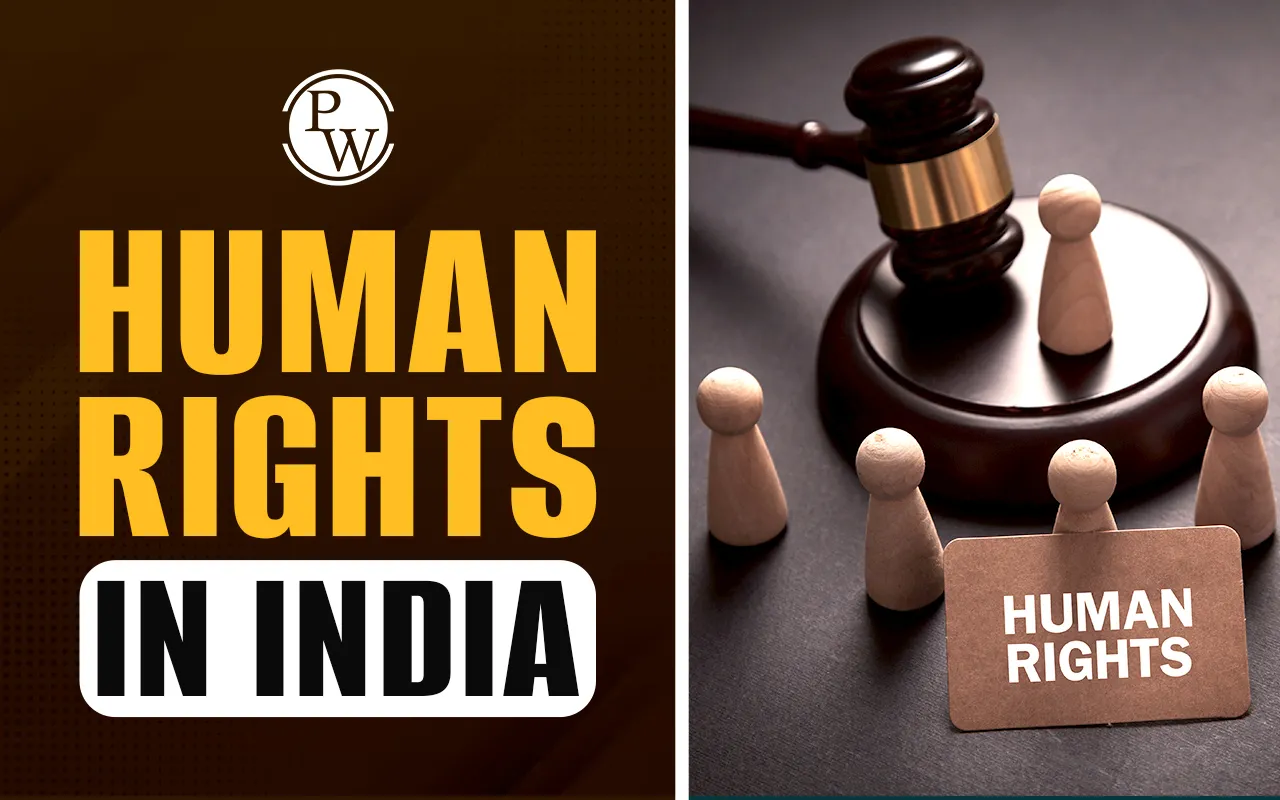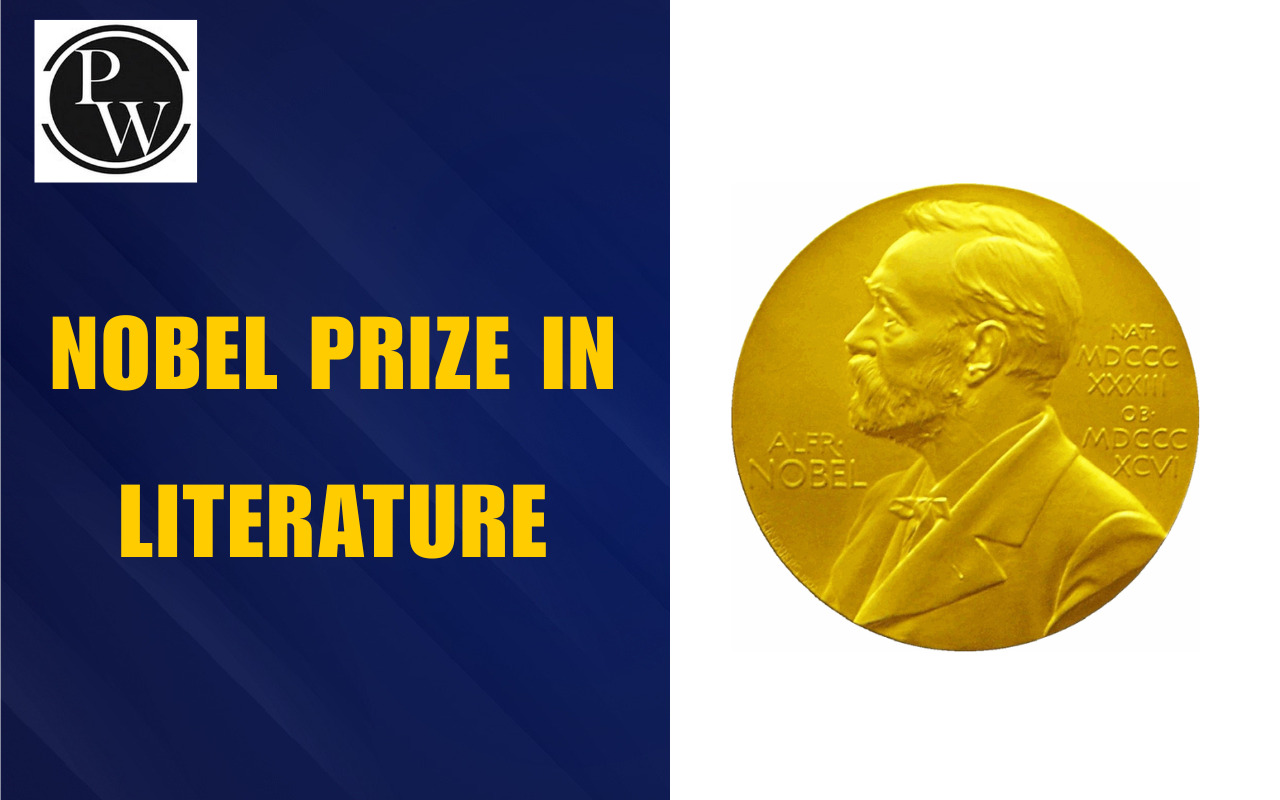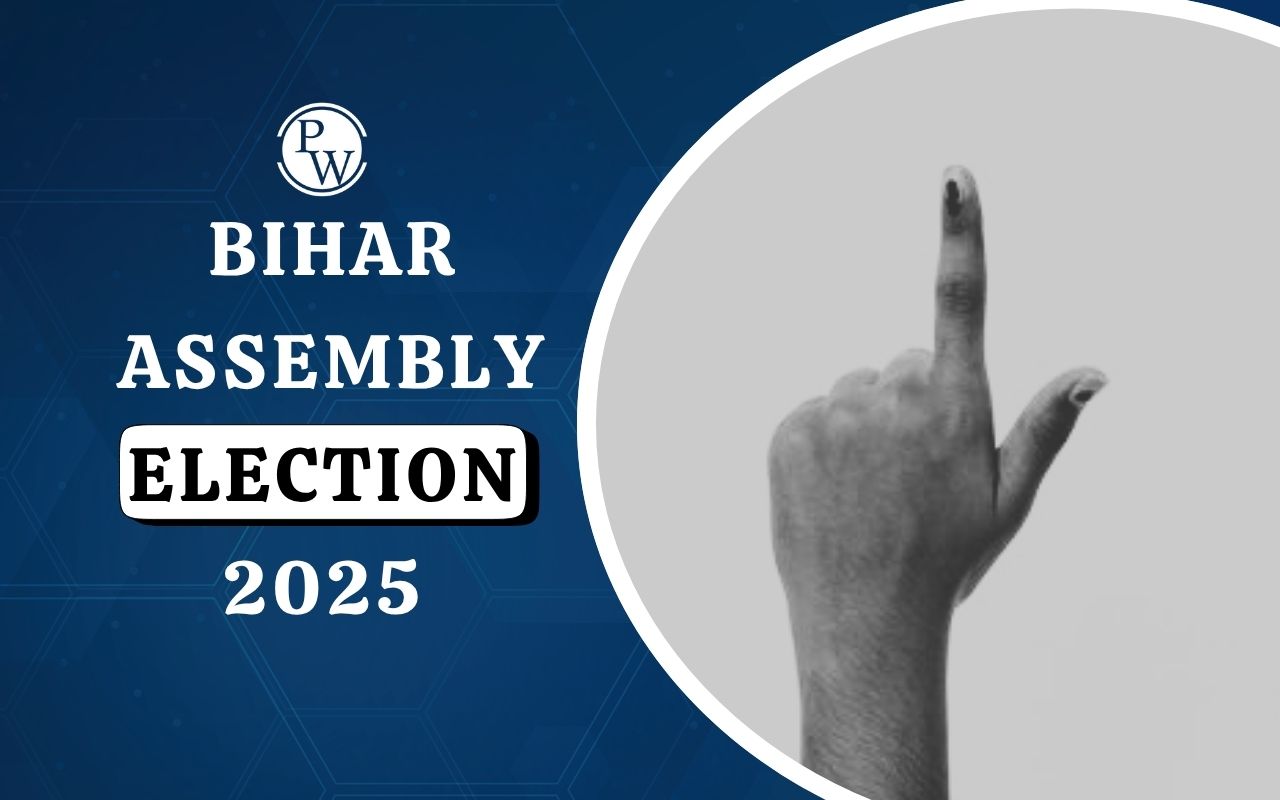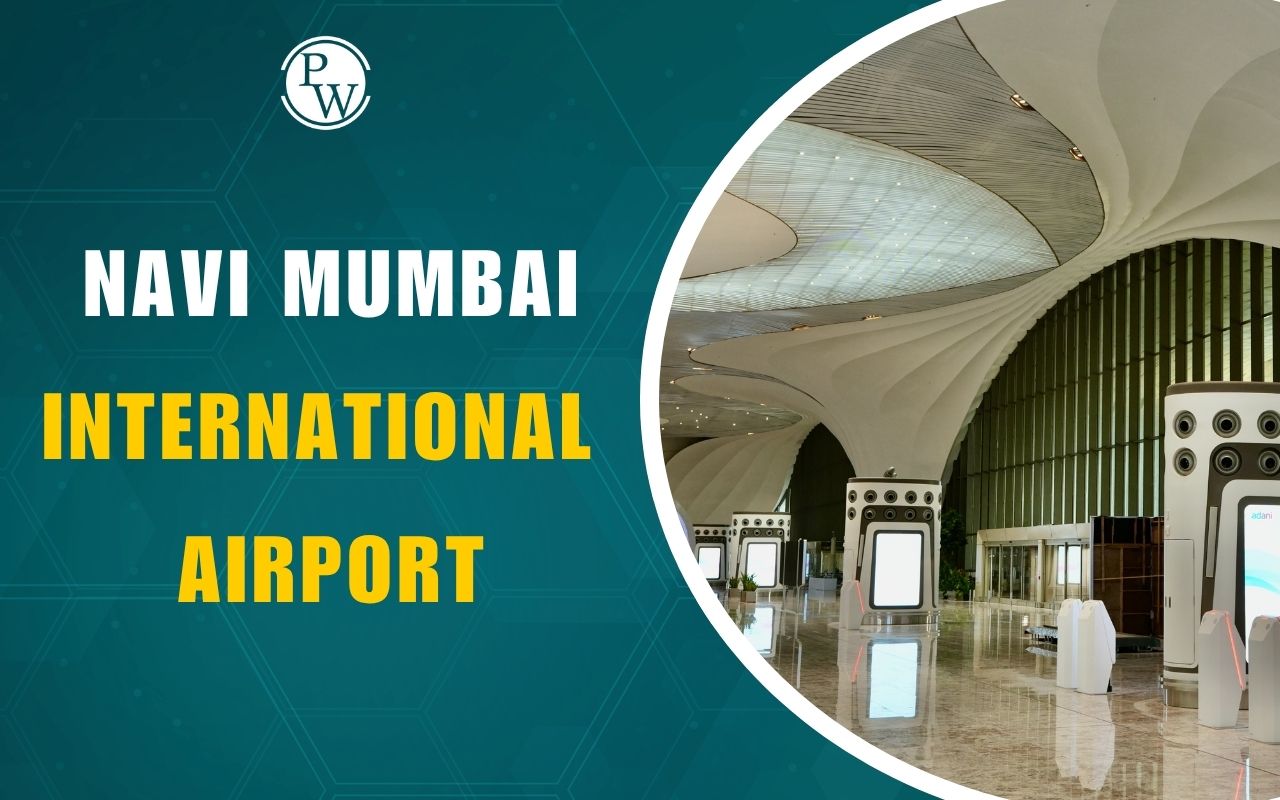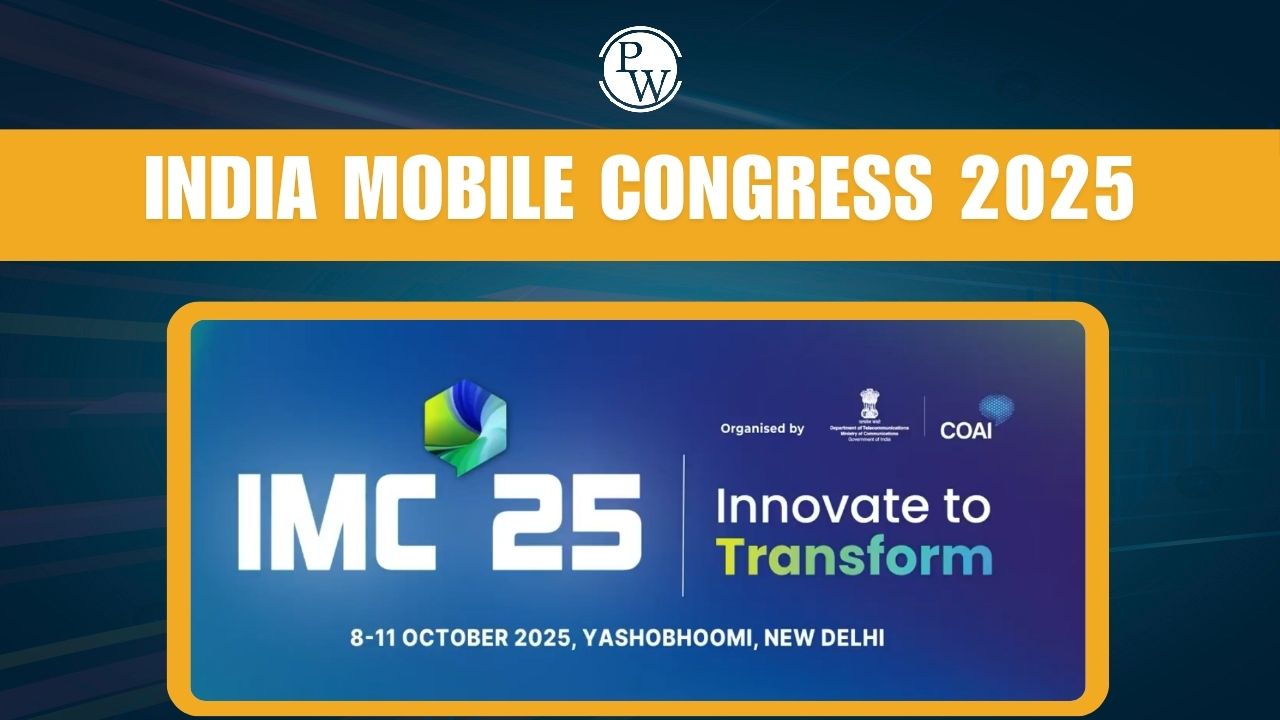
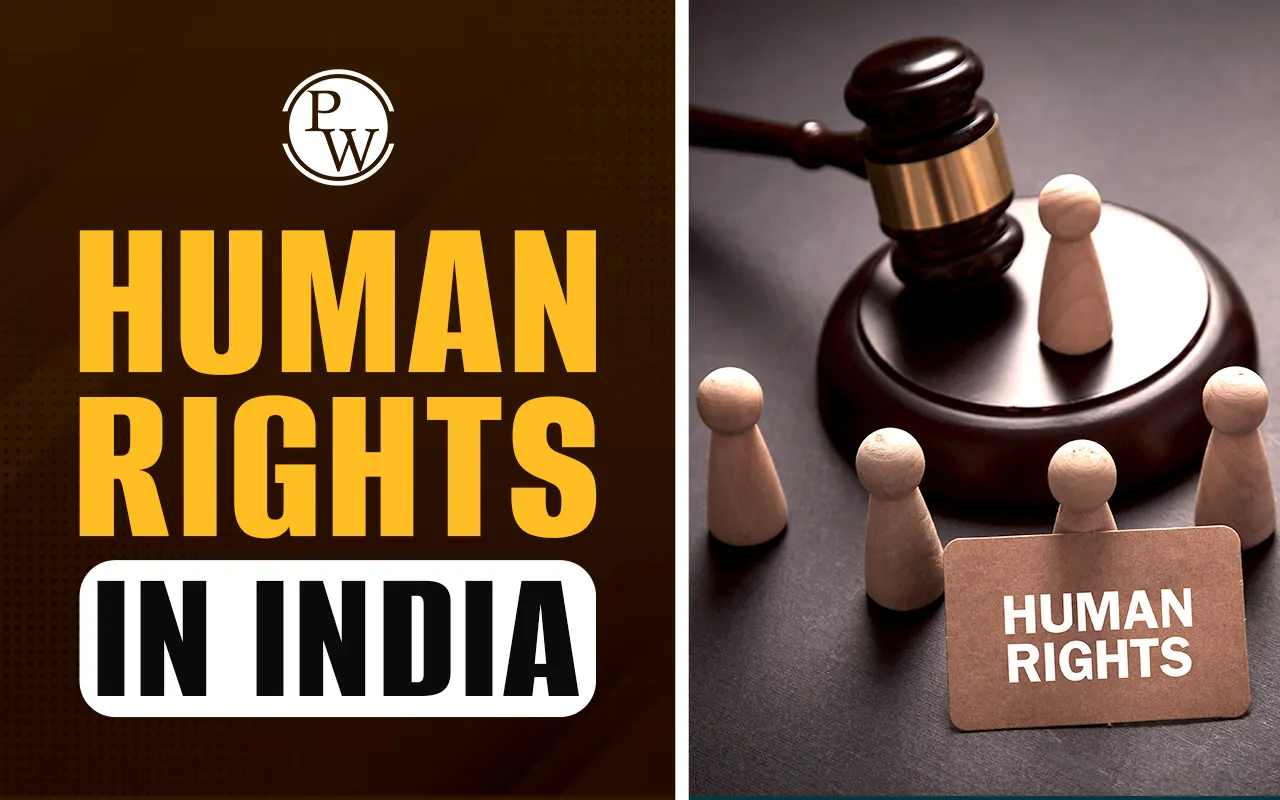
Human Rights in India refer to those rights that are guaranteed to every individual, irrespective of caste, religion, gender, or nationality. Human rights are aimed at ensuring dignity, freedom, equality, and justice as enshrined in the Constitution of India and international human rights conventions. Read on to learn more about the concept of Human rights in India.
Human Rights Definition
Human rights are the basic freedoms and protections that every individual deserves simply because they are human. According to the United Nations, “Human rights are rights inherent to all human beings, regardless of race, sex, nationality, ethnicity, language, religion, or any other status”.
These rights ensure people live with dignity, equality, and respect, regardless of their background, identity, or beliefs. They include civil, political, economic, social, and cultural rights such as the right to life, freedom of expression, right to education, right to food, and protection against discrimination and exploitation.
Human rights are universal, meaning they apply to everyone, everywhere, and are inalienable, which means no one can be denied these rights except in very limited, lawful situations.
Universal Declaration of Human Rights
After the horrors of World War II, the global community realised the urgent need to protect individual dignity. In 1948, the United Nations General Assembly adopted the Universal Declaration of Human Rights (UDHR), which marked the first global agreement on what rights every human is entitled to.
The UDHR consists of 30 articles, covering civil, political, economic, social, and cultural rights under the following key principles:
-
Right to life, liberty, and security
-
Freedom from torture and slavery
-
Freedom of thought, conscience, and religion
-
Right to education, work, and social security
-
Right to a fair trial and equal protection before the law
Although the UDHR is not a legally binding treaty, it has greatly influenced the development of national laws, including India’s Constitution, and continues to shape international human rights standards.
What Are Human Rights in India?
In India, human rights are the moral and legal entitlements of individuals guaranteed by the Constitution and supported by various laws and international agreements. These rights reflect India's commitment to justice, liberty, equality, and fraternity.
Human rights in India are broadly protected in three ways:
-
Constitutional Guarantees: Such as fundamental rights and directive principles
-
Legislative Measures: Including laws against untouchability, child labour, and human trafficking
-
Institutional Framework: Such as the National Human Rights Commission (NHRC), State Human Rights Commissions, the judiciary, and civil society.
These rights apply to all people in the country, whether citizens or non-citizens, and aim to ensure that no one is subjected to cruelty, exploitation, or injustice.
India is also a signatory to several global human rights conventions, like the Convention on the Elimination of All Forms of Discrimination Against Women (CEDAW) and the International Covenant on Civil and Political Rights (ICCPR), which is evident in its policies ensuring human rights in India.
Human Rights in Indian Constitution
The Indian Constitution, adopted in 1950, strongly upholds the principles of human rights. The Preamble promises justice, liberty, equality, and dignity, which are the foundations of human rights. However, the most significant protections are offered through Part III (Fundamental Rights) and Part IV (Directive Principles of State Policy).
Here are some key articles relevant to human rights:
| Article | Provision |
| Article 14 | Equality before law and equal protection of laws |
| Article 15 | Prohibits discrimination on grounds of religion, race, caste, sex or place of birth |
| Article 19 | Protection of certain freedoms like speech, assembly, and movement |
| Article 21 | Right to life and personal liberty |
| Article 21A | Right to free and compulsory education for children (6–14 years) |
| Article 22 | Protection against arbitrary arrest and detention |
| Article 23 | Prohibition of human trafficking and forced labour |
| Article 24 | Prohibits employment of children below 14 in hazardous jobs |
| Articles 25–28 | Freedom of religion and religious practices |
| Article 32 | Right to constitutional remedies through the Supreme Court |
While Fundamental Rights are enforceable by courts, Directive Principles serve as moral guidelines for the state to promote social and economic justice. Together, they reflect India’s constitutional commitment to human rights.
Human Rights Vs Fundamental Rights
Though often used interchangeably, human rights and fundamental rights differ in origin, scope, and enforcement.
| Aspect | Human Rights | Fundamental Rights |
| Definition | Universal rights inherent to all human beings, regardless of nationality, race, religion, or status. | Basic rights guaranteed by the Constitution of India to its citizens. |
| Scope | Universal (applies to all people everywhere). | Country-specific (apply within India and are defined by the Constitution). |
| Source | International declarations and treaties (e.g., Universal Declaration of Human Rights). | Indian Constitution (Part III, Articles 12–35). |
| Enforcement | Promoted and monitored by international bodies (e.g., United Nations); not always legally enforceable in courts. | Legally enforceable; individuals can directly approach the Supreme Court or High Courts if violated (Under Article 32 and 226). |
| Examples | Freedom from torture, equality before the law, right to education. | Right to Equality, Right to Freedom, Right against Exploitation, Right to Constitutional Remedies. |
National Human Rights Commission and Its Role
The National Human Rights Commission (NHRC) of India was established on 12 October 1993 under the Protection of Human Rights Act, 1993. It serves as the chief watchdog to protect and promote human rights across the country. NHRC’s key functions include:
-
Inquire into human rights violations and recommend action to the government
-
Visit jails and detention centres to examine the conditions of inmates
-
Review laws and policies to ensure compliance with human rights standards
-
Undertake awareness programmes to promote human rights literacy
-
Support victims through compensation, legal aid, or rehabilitation
-
Encourage NGOs and civil society groups working on human rights issues
Though the NHRC has no judicial powers, its recommendations often carry moral and persuasive value. It had played a key role in investigating custodial deaths, police excesses, child rights issues, and gender-based violence.
|
UPSC Prelims 2020: Other than the Fundamental Rights, which of the following parts of the Constitution of India reflect/reflect the principles and provisions of the Universal Declaration of Human Rights (1918)?
Select the correct answer using the code given below:
Answer: (d) |
In essence, Human rights are the foundation of a just society. In India, these rights are protected through constitutional guarantees and reinforced by institutions like the NHRC. Every citizen must be aware of their rights to ensure they are respected and upheld in daily life.
Ready to understand Indian Polity in-depth for UPSC? Explore PW UPSC Courses and start your preparation with structured learning plans!
Human Rights in India FAQs
What is meant by human rights?
Which part of the Indian Constitution deals with human rights?
Are human rights and fundamental rights the same?
Why is Swami Vivekananda a role model for youth?
What was the core idea of Swami Vivekananda teachings?

UPSC Coaching
